Japan has committed up to $2.4 billion (RM10.48 billion) in subsidies to boost the production of electric vehicle batteries, according to Reuters. This substantial financial aid will support 12 initiatives focused on battery storage, including the production of battery components, materials, and manufacturing equipment.
The funding will benefit major players like Toyota and Nissan, as well as collaborative projects between Panasonic and Subaru, and Mazda, as detailed by Japanese Minister of Economy, Trade, and Industry, Ken Saito.
The initiative aims to enhance Japan’s storage battery supply chain and increase the industry’s global competitiveness. With this backing, Japan’s annual battery production capacity is expected to rise by approximately 50%, from 80 GWh to 120 GWh.

Toyota plans to invest around 245 billion yen (RM7.46 billion) through its battery subsidiaries, Prime Planet Energy & Solutions and Primearth EV Energy. This investment will expand their capacity for solid-state and prismatic batteries by 9 GWh, with production slated to start in November 2026. New battery plants will be established in Hyogo and Fukuoka prefectures.
Nissan has announced that it has received government approval to produce lithium-iron phosphate batteries. The company intends to integrate these batteries into its compact vehicles by 2028, targeting an annual domestic production capacity of 5 GWh.
Additionally, Panasonic Energy and Subaru will collaborate on a new facility in Gunma prefecture, set to produce cylindrical lithium-ion batteries starting in 2028. An investment of 463 billion yen (RM14.1 billion) will enable the Gunma plant to achieve 16 GWh of annual capacity by 2030, with an additional 4 GWh from an Osaka plant. Panasonic will also supply Mazda with batteries from its Suminoe and Kaizuka plants beginning in 2027.





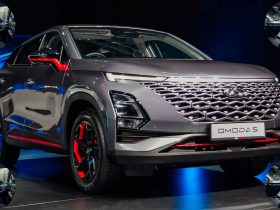


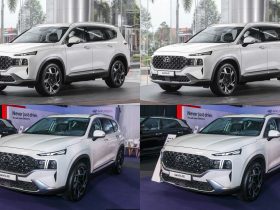











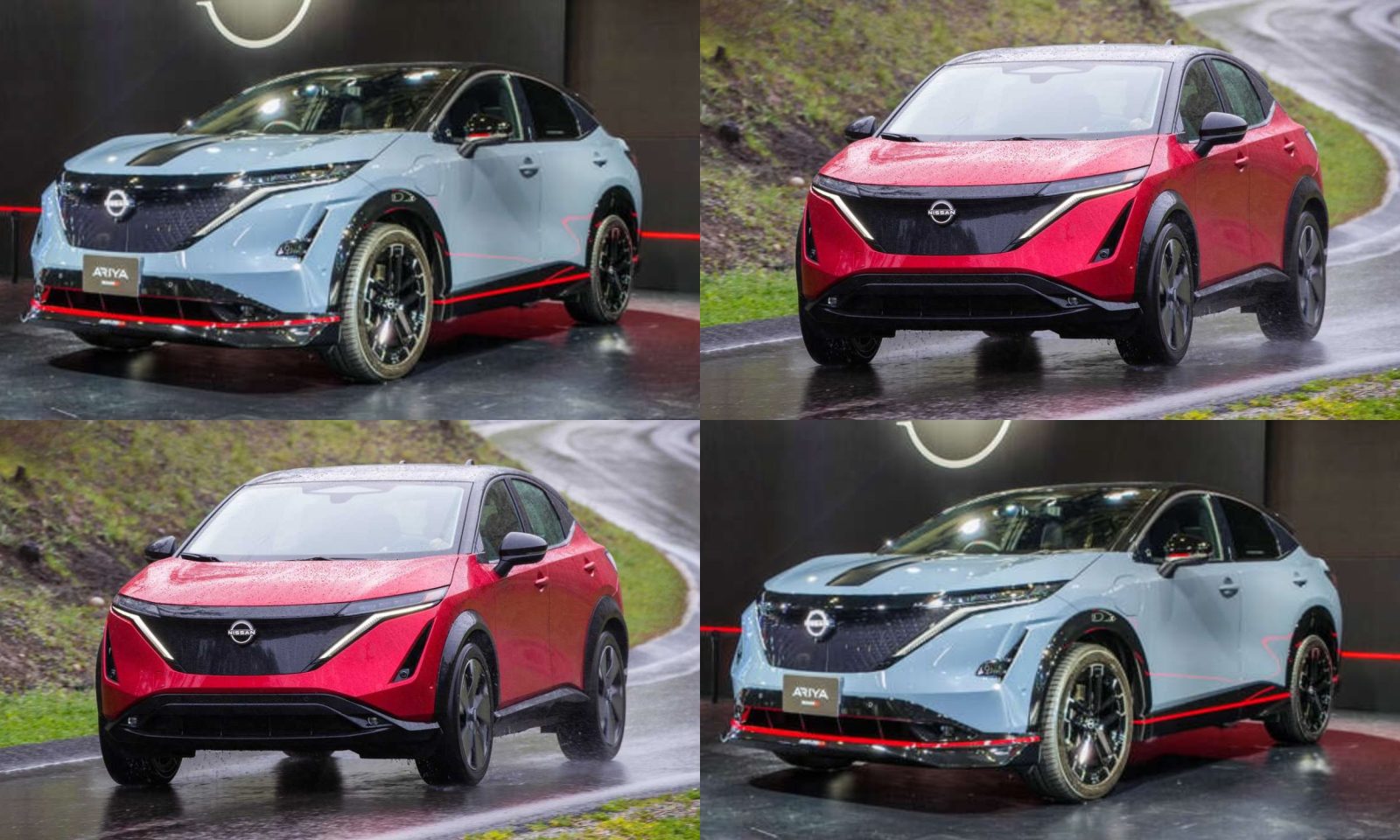





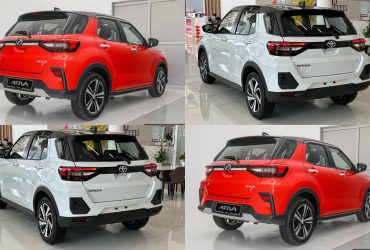
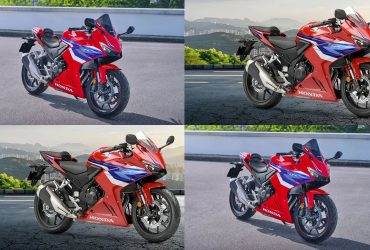
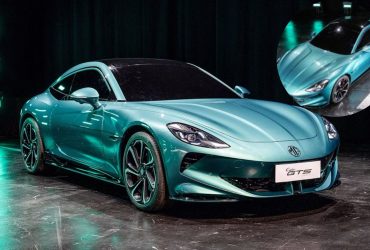
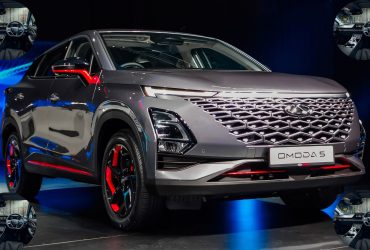


Leave a Reply